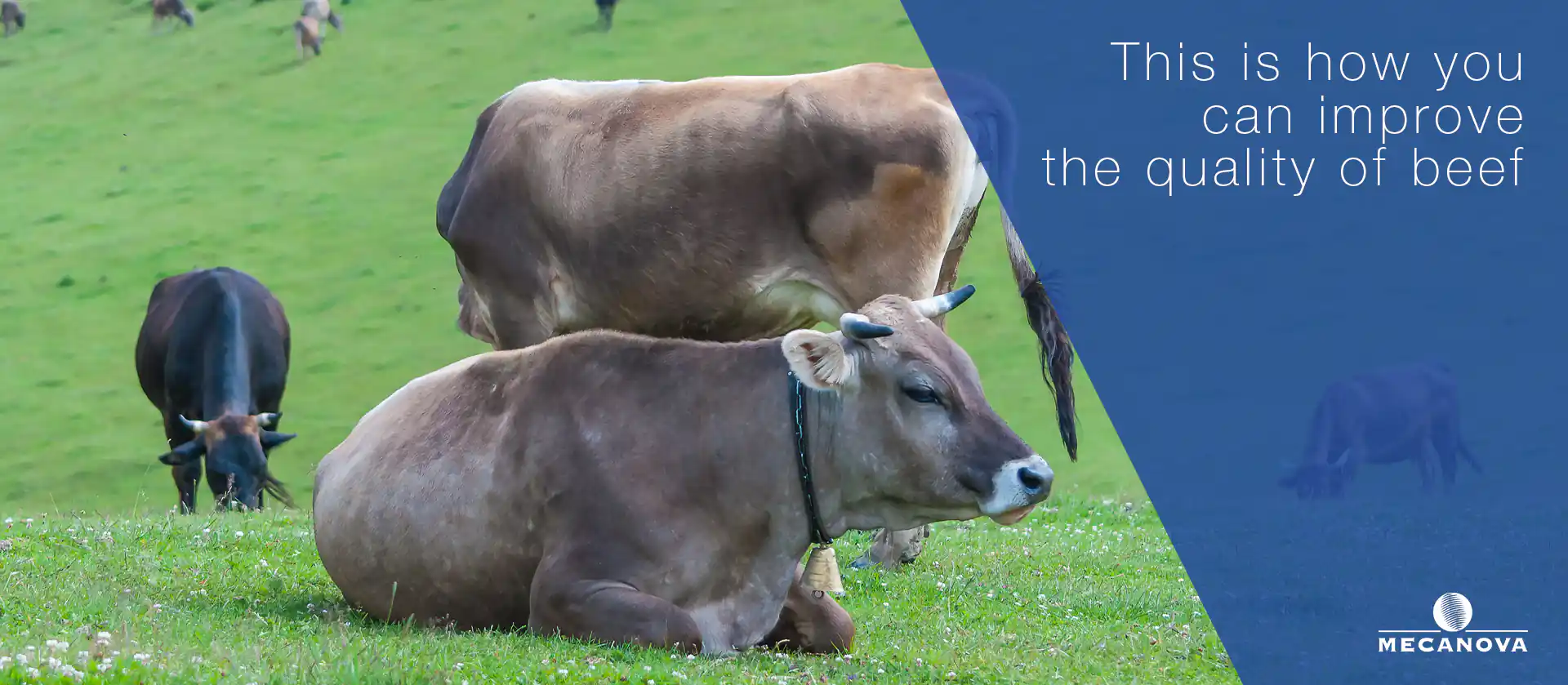Maturation is an important process in the production of high-quality meat.
As meat ages, natural spoilage processes begin to break down the proteins, increasing the tenderness and flavor of the product. However, the maturation time can vary according to the animal species and the method of suspension of the meat.
WHY IS MATURATION IMPORTANT IN THE PRODUCTION OF HIGH QUALITY MEAT?
A recent study published in the journal “Foods” examined the effect of suspending Bos indicus beef by the pelvic bones on the maturation time needed to meet consumer quality expectations. The authors found that beef from this breed, suspended by the pelvic bones, requires significantly less maturation time than meat suspended by other methods.
In the study, two groups of meat were evaluated: one suspended by the pelvic bones and one suspended by other conventional methods. The meat was subjected to different maturation periods and different quality characteristics were evaluated, such as tenderness, flavor and juiciness.
The results showed that beef hung by the pelvic bones required significantly less maturation time to meet consumer quality expectations compared to meat hung by other methods. The authors suggest this is because the suspension by the pelvic bones allows the meat to expand naturally, increasing air circulation and speeding up the ripening process.
These findings are important for the meat industry, since the reduction of the maturation time can result in significant savings in production costs and allow greater efficiency in the production of high-quality meat. In addition, it is also beneficial for consumers, since properly matured meat is more tender and flavorful. This may have significant implications for the meat industry and consumers seeking high-quality meat.
